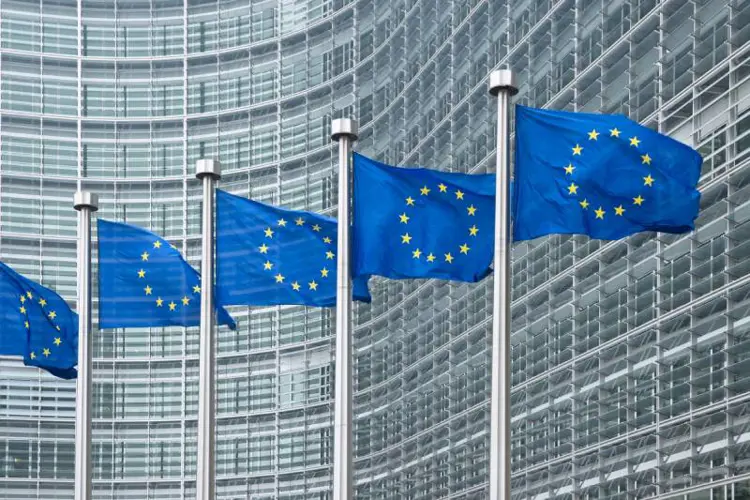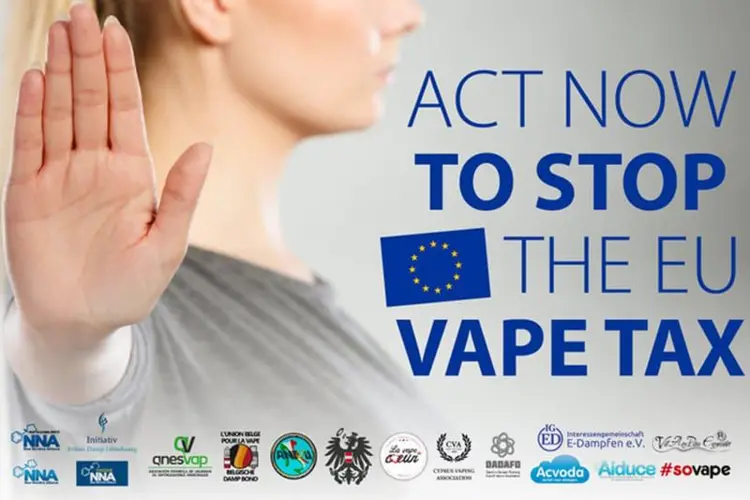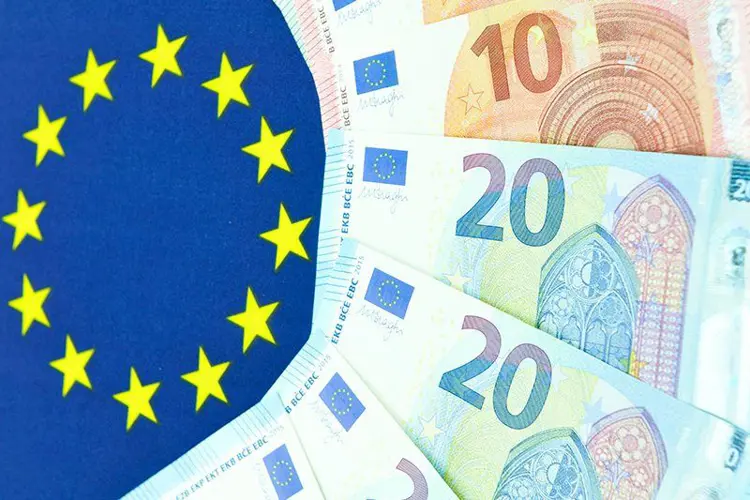The European Commission plans to impose a minimum excise tax on vaping products for all European Union member states. The new tax would be part of the revised Tobacco Excise Directive (TED), which could also include a doubling of the minimum tax on cigarettes and the first tax on heated tobacco products.
The news was first reported by the Financial Times, based on the contents of a draft European Commission (EC) report. The paper reported that, if the suggested tax scheme were adopted, the minimum EU tax on cigarettes would double from €1.80 to €3.60 per pack, and the EU would impose a minimum wholesale duty of 55 percent on heated tobacco products.
There were no substantial details on the proposed vape tax. The paper reported that vaping products will be taxed based on nicotine strength, with “stronger” products subject to a wholesale duty of 40 percent and “lower-strength vapes” taxed at 20 percent. It did not explain what “stronger” meant, and the proposal is especially confusing since the EU limits nicotine strength in vapes to 2 percent (20 mg/mL).
Final details of the EC proposal are set to be announced in December. To be adopted, the levy must first be approved by all EU member states. Unlike the Tobacco Products Directive (TPD), which sets harmonized standards for vaping and tobacco products sold in the EU, the TED is not voted into law by a majority of the European Parliament. Instead it can only be adopted by unanimous approval of the Council of the EU, a body that includes a minister from each member state.
Any vape tax imposed would be a floor, not a ceiling. In other words, individual EU member states would be free to impose a higher tax, but not a lower one.
As Vaping360 reported in 2020, there are ways such a tax scheme could fall apart during Council negotiations—especially if one large and influential country (France, for example) opposed the vape tax. But any country’s opposition could derail the tax plan.
Any vape tax imposed would be a floor, not a ceiling. In other words, individual EU member states would be free to impose a higher tax, but not a lower one. More than half of the 27 EU member countries currently have some kind of vape tax on the books. The largest and richest EU member, Germany, is also the most recent to approve a tax on vaping products. Its €0.16-per-milliliter levy (which increases progressively to €0.32 in 2026) took effect in July 2022.
Swedish newspaper Aftonbladet reported that the European Commission also proposed a minimum tax on Swedish snus, the pasteurized oral tobacco credited with nearly eliminating regular smoking by Swedish men. The report created a brief outcry in Sweden before the EC denied it intends to force Sweden to tax snus, which is illegal in all EU countries except Sweden.
The Freemax REXA PRO and REXA SMART are highly advanced pod vapes, offering seemingly endless features, beautiful touchscreens, and new DUOMAX pods.
The OXVA XLIM Pro 2 DNA is powered by a custom-made Evolv DNA chipset, offering a Replay function and dry hit protection. Read our review to find out more.
The SKE Bar is a 2 mL replaceable pod vape with a 500 mAh battery, a 1.2-ohm mesh coil, and 35 flavors to choose from in 2% nicotine.
Because of declining cigarette sales, state governments in the U.S. and countries around the world are looking to vapor products as a new source of tax revenue.
The legal age to buy e-cigarettes and other vaping products varies around the world. The United States recently changed the legal minimum sales age to 21.
A list of vaping product flavor bans and online sales bans in the United States, and sales and possession bans in other countries.



















